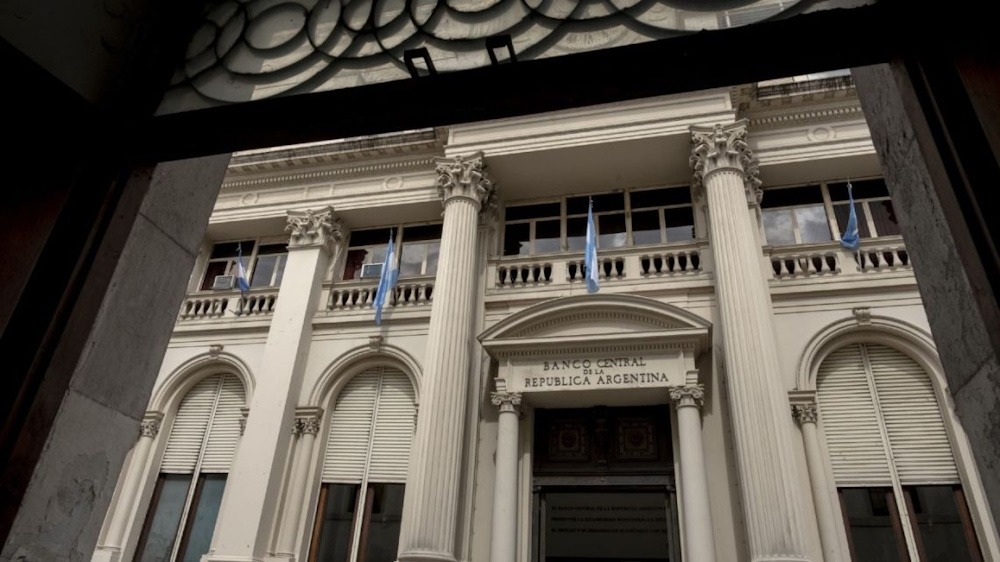Argentine authorities audit investor behavior in repo loans, short-term financial securities with record-high interest rates due to bank liquidity shortages. The Central Bank and local regulator CNV have sought assistance in analyzing the real-time data they receive daily from the country’s two primary exchanges, BYMA and A3, regarding the short-term instruments referred to locally as cauciones bursátiles, as reported by sources familiar with the situation. The demand, which emerged last week, encompasses details regarding volumes, prices, the brokers involved in trading, and the parties they represent, according to sources who requested anonymity due to the confidential nature of the information.
The intentions of officials regarding potential actions remain ambiguous. Such requests are not characteristic of the current administration; rather, they were more prevalent during the leftist governments of Cristina Fernández de Kirchner and Alberto Fernández. The Central Bank refrained from providing any commentary. The Central Bank’s efforts to mitigate pressure on the peso and curb inflation in anticipation of significant midterm elections in October have resulted in banks and brokers facing a shortage of local currency, consequently leading to an increase in interest rates. Guaranteed loan rates have surged to unprecedented heights, with certain overnight peso transactions exceeding an annualised rate of 100 percent, in stark contrast to anticipated inflation rates of under 30 percent annually.
The Treasury experienced challenges, successfully rolling over merely 61 percent of its maturing debt and confirming rates nearing 70 percent in its latest auction. As another auction approaches on Wednesday, the Central Bank has once more raised reserve requirements for commercial lenders as of Monday, clarifying that the new threshold can be satisfied through acquisitions of public debt. The official peso has now depreciated for four consecutive sessions, complicating President Javier Milei’s disinflation strategy in the lead-up to elections in Buenos Aires Province next month, which will serve as a bellwether for the national midterms in October. The decline has transpired notwithstanding substantial interventions, encompassing unprecedented futures sales amounting to billions of dollars.
Economy Minister Luis Caputo stated on Monday in a post on X that elevated interest rates are a result of political risk and may have “some impact on activity levels in the short term,” but he emphasized that these effects will be temporary, as the forthcoming elections are expected to be “very favourable” for the government.

